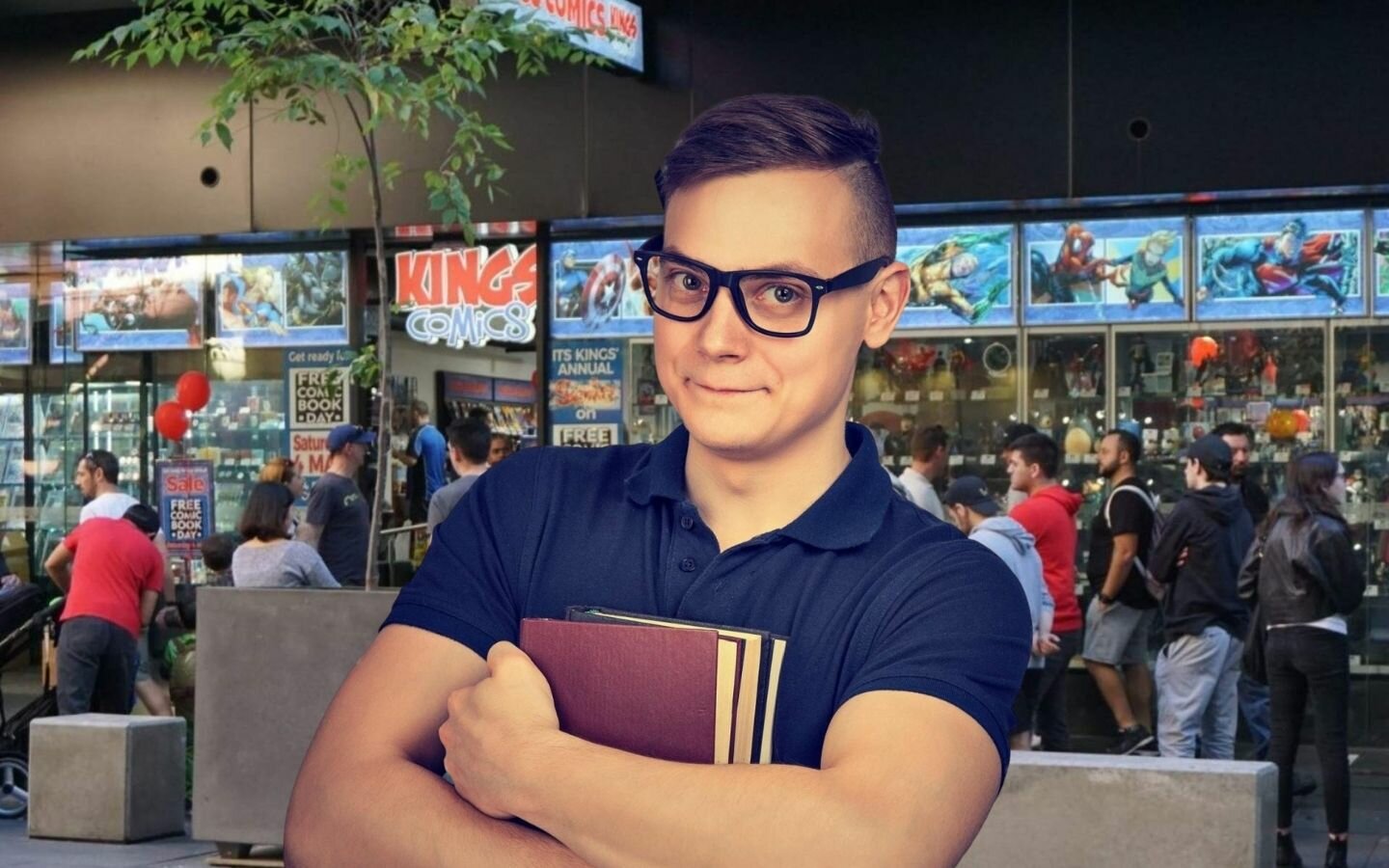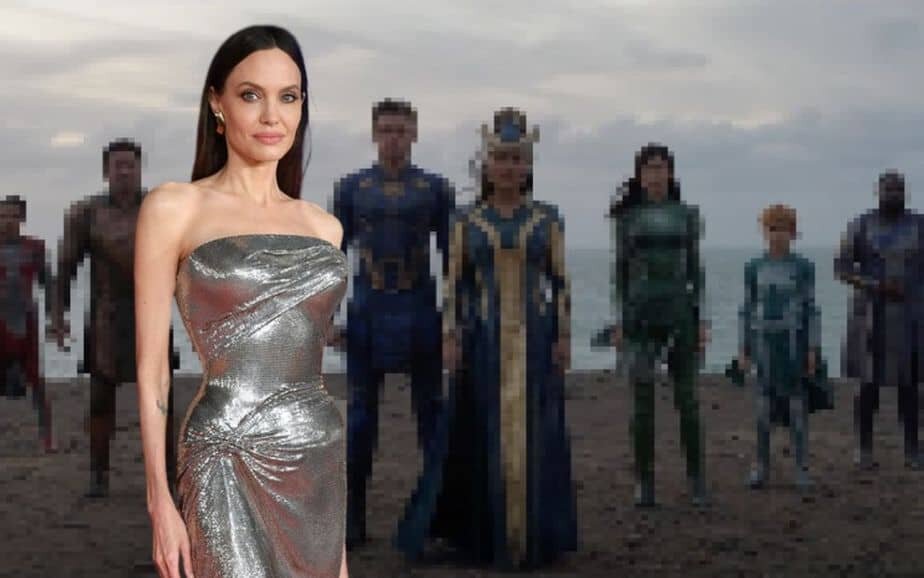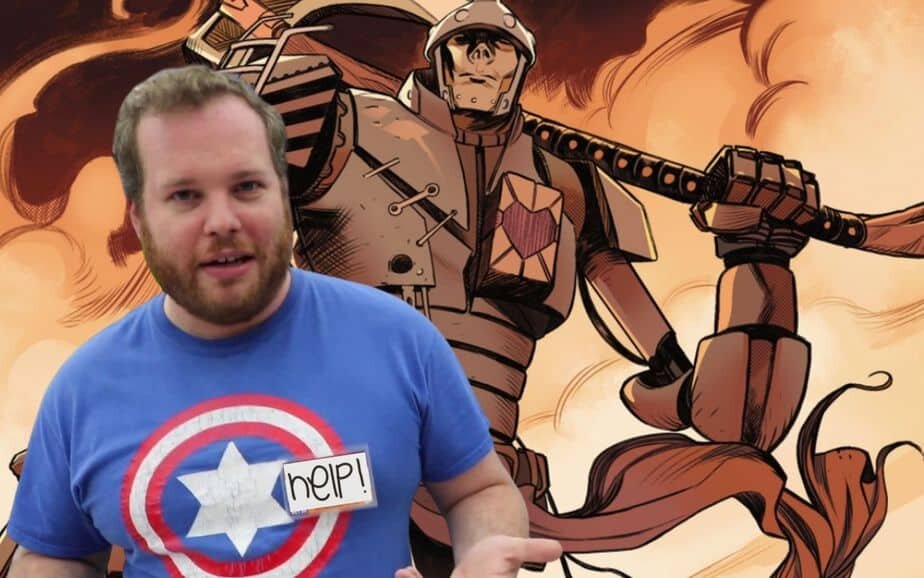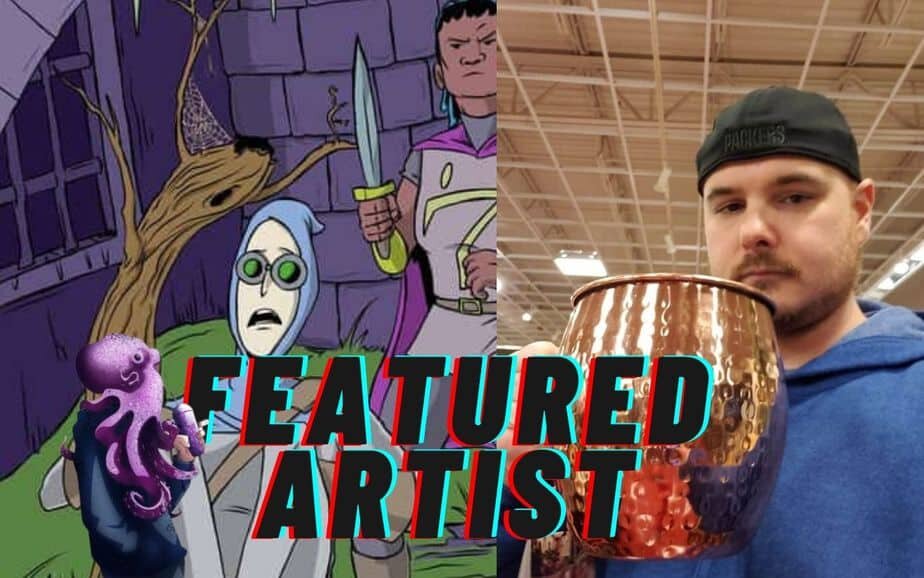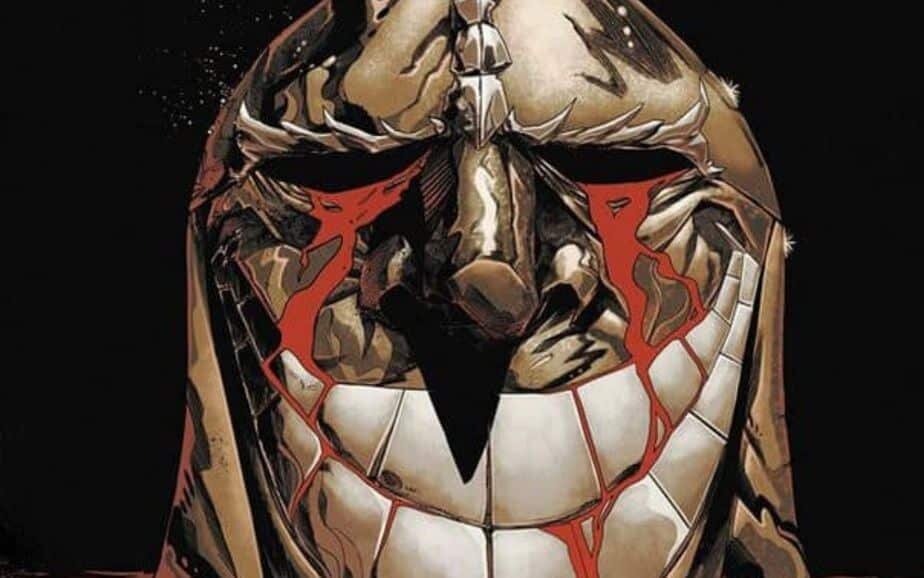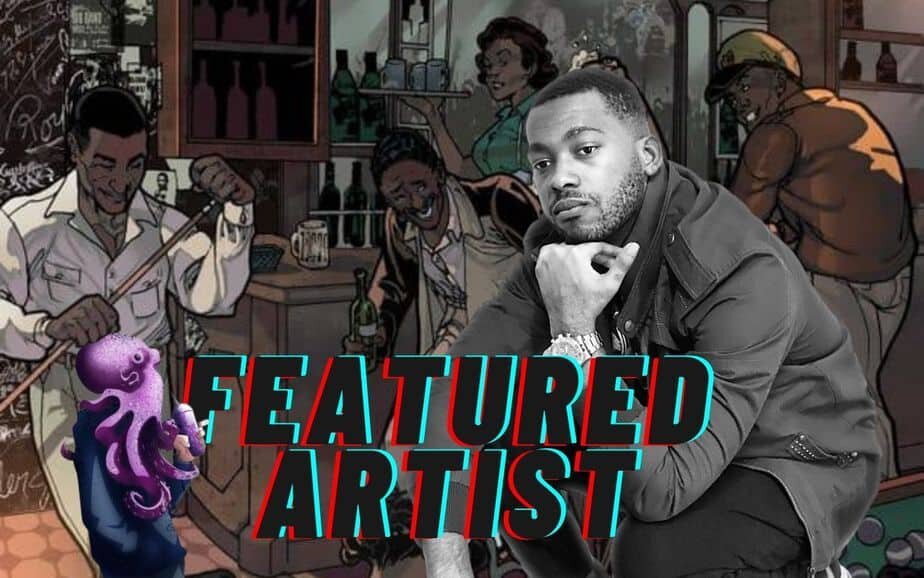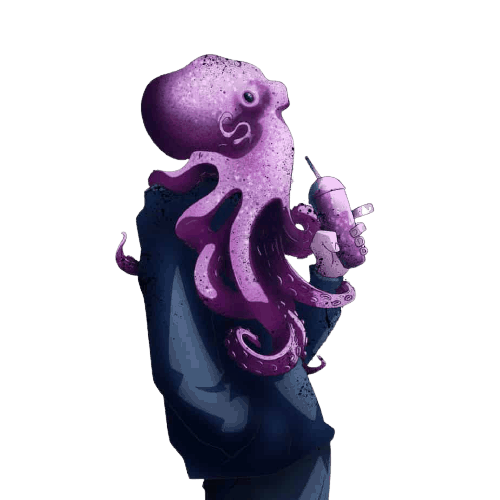DISCLAIMER: Some of the links below are affiliate links. If you buy something from a link, we may earn a commission at no extra cost to you. This is used to help maintain the site and create more content for you!
Interview w/ Omar Morales
Earlier today we caught up with Omar Morales. We spoke about a shared love he and I have for Science Fiction but specifically he touched on his love for Anthologies, Campy Sci-Fi, and what he calls his Passion Projects. Omar’s next project is a Sci-Fi Anthology entitled Menagerie: Declassified and will feature the following Comic Book writers – Bryan Edward Hill (Marvel, DC), Brandon Easton (DC, IDW), Brian Hawkins (Mad Cave), Robert Jeffrey (DC). Make sure you follow this project by clicking here.
For now, enjoy my Interview with Omar Morales and say Hi by leaving a comment below.
Anthony Pollock: Thank you for taking the time to chat with me this week. Please tell the readers a bit about yourself and the work you do.
Omar Morales: I’m Omar Morales, a comic book writer and creator from the suburbs of Oakland, CA, where I live with my family. I create independent comics and graphic novels in partnership with talented artists from all over the world. My latest project is a Mandalorian fan fiction comic that I’m offering for free at this link: www.theforcemedia.com/mandalorian-pdf. This is the way!
Anthony Pollock: Tell me a bit about the inspiration behind Moon Girl and The Force Media.
Omar Morales: I started The Force Media about a dozen years ago as a framework for making comics into a small business, where I could organize and create an identity, and legitimately do taxes against all of my expenses. Moon Girl is a public domain character I began writing as a short story for an anthology called Not Forgotten, which was dedicated to old-fashioned public domain characters.
My short story was well received, so I kept going with it and turned it into a graphic novel plus a bonus 8-page story. Moon Girl was a fun project that could live on if my current discussions with a publisher come to fruition, so we’ll see what the future holds for that story.
Anthony Pollock: Where did writing start for you and what is your origin story?
Omar Morales: I’ve been writing for as long as I can remember. When I was kid I’d make my own little comics on folded and stapled binder paper where I did all the drawings and lettering. In high school and college I studied English and Journalism, excelling in creating writing. As an adult, in 2008, I released my very first one-shot floppy based on a character called CruZader, Agent of the Vatican.
That character and story helped put me on the map – it was my first entry into Cons, Diamond, ComiXology, Kickstarter and along the way I broke the Guinness World Record for Largest Comic Book Published in 2014. I haven’t really looked back since, except nowadays I leave the drawing, coloring and lettering to the professionals!
Anthony Pollock: Moon Girl is clearly influenced by science fiction, science fantasy and a dash of star wars but where does the overall Sci-Fi genre sit for you? What are your go to’s?
Omar Morales: Moon Girl has her roots in the golden age of ray guns and laser rays, which is a lot of fun. But you’re right, my twist and interpretation of the character is influenced by Star Wars and a TV show called Ancient Aliens on the History Channel. As a child of the 1980s, I’m heavily influenced by Star Wars, Marvel comics, Saturday morning cartoons, and the original Nintendo.
Nowadays, there is a lot of great SciFi out there in comics, video games, movies and especially TV streaming services. My go-to SciFi stories are narratives that demand an answer to the question “what does it mean to be human?” For this reason, I love movies like Gattaca and Oblivion, and TV shows like Black Mirror and Tales from the Loop.
Anthony Pollock: What are your biggest obstacles when it comes to your work? How do you overcome them?
Omar Morales: For independent creators, there are always two obstacles present: time and money. Making high-quality comics requires time and money – there is no way around it. In my case, I have to budget for hiring a team of artists, but there are also the business expenses of printing, shipping, marketing and advertising.
How I overcome these challenges is I take my time with each project. I’m averaging one graphic novel every five years or so, and in between, I also do anthologies where I can prove concepts with a smaller investment of 8-12 pages. That keeps things manageable for me, it lowers my risk, and allows me to spread out the cost of a project while building an audience by demonstrating progress on social media.

Anthony Pollock: How did you go about finding the right artist to work on a project?
Omar Morales: For my very first book, CruZader, I hired an agency that assembled all of the talent: line artist, colorist, letterer – and that was a blessing and a curse. The agency and guy behind it was crooked, and he stole money from creators like me and didn’t pay the artists. That forced me and artist Joel Cotejar to come together, cut the agency out from the middle, and continue on with CruZader, and Moon Girl after that.
Over time, I’ve gotten to know and work with a lot of fabulous artists I’ve met through social media, anthologies, and conventions. When I see work online that I think is a perfect fit for any given project, I make a mental note, or sometimes write down a list or potential line artists and colorists for a given project.
Anthony Pollock: Many of us creators work on projects outside of our 9-5 jobs. Do you have any advice for balancing careers with passion projects/side hustles?
Omar Morales: I’ve said it before, the only advice I feel qualified to give is this: don’t quit. That’s it. Making comics requires resiliency, focus, and a hunger that weeds out a lot people that are not long for the world of comics. I’ve made comics while having babies with my wife, dramatic corporate career changes, and now a pandemic.
The one constant through all the years is the focus, passion and determination to get the stories done and out into the world with no excuses. You will experience set backs and disappointments, as the old saying goes “comics will break your heart, kid.” It’s how you bounce back from those challenges and set backs that determines your longevity and ability to stay in the game. So, again: don’t quit.
Anthony Pollock: Do you have any upcoming events/projects/releases you would like to discuss?
Omar Morales: My next project is a Sci-Fi anthology called MENAGERIE: DECLASSIFIED, based on a series published by my man Ramon Govea and his imprint, Myth Division. I have an 8-page story about a katana-wielding soldier of fortune called Harang – and she is an absolute bad ass!
That anthology drops on Kickstarter on 11/11 and is packed with a who’s who of comic brook writers, including Bryan Edward Hill (Marvel, DC), Brandon Easton (DC, IDW), Bryan Hawkins (Mad Cave), Robert Jeffrey (DC), and a host of other men and women that contributed stories and art. If people want to take a sneak peek at the campaign, they can sign up for updates at this link: https://www.kickstarter.com/projects/mythdivision/menagerie-anthology .
Anthony Pollock: Thank you for taking the time to do this! Where can readers find you and your work?
Omar Morales: The best hub for finding my work and all of my social media links is at my Website: www.theforcemedia.com. Right now, I’m prepping my dream project, Major Thomás, which is an ambitious, outer-space adventure graphic novel that I’m planning to make with as many Latinx artists as possible. This is a big passion of mine: people of color telling their own stories in this magical medium of comic books.
Over the next year, I’ll be showing art previews and progress for Major Thomás and people can follow along on my social media feeds. That project should be counting down for blastoff a couple of years from now and I can’t wait to share it with the world – it will absolutely be my finest work!
Where to find Omar Morales
Omar Morales on Twitter
Omar Morales’ Website
Enjoyed this Interview? Subscribe below
RELATED ARTICLES:
Brian Hawkins Talks Writing for Therapy and Editing Comics



